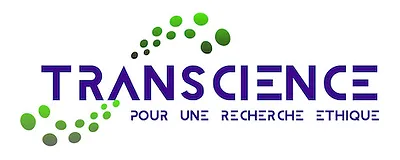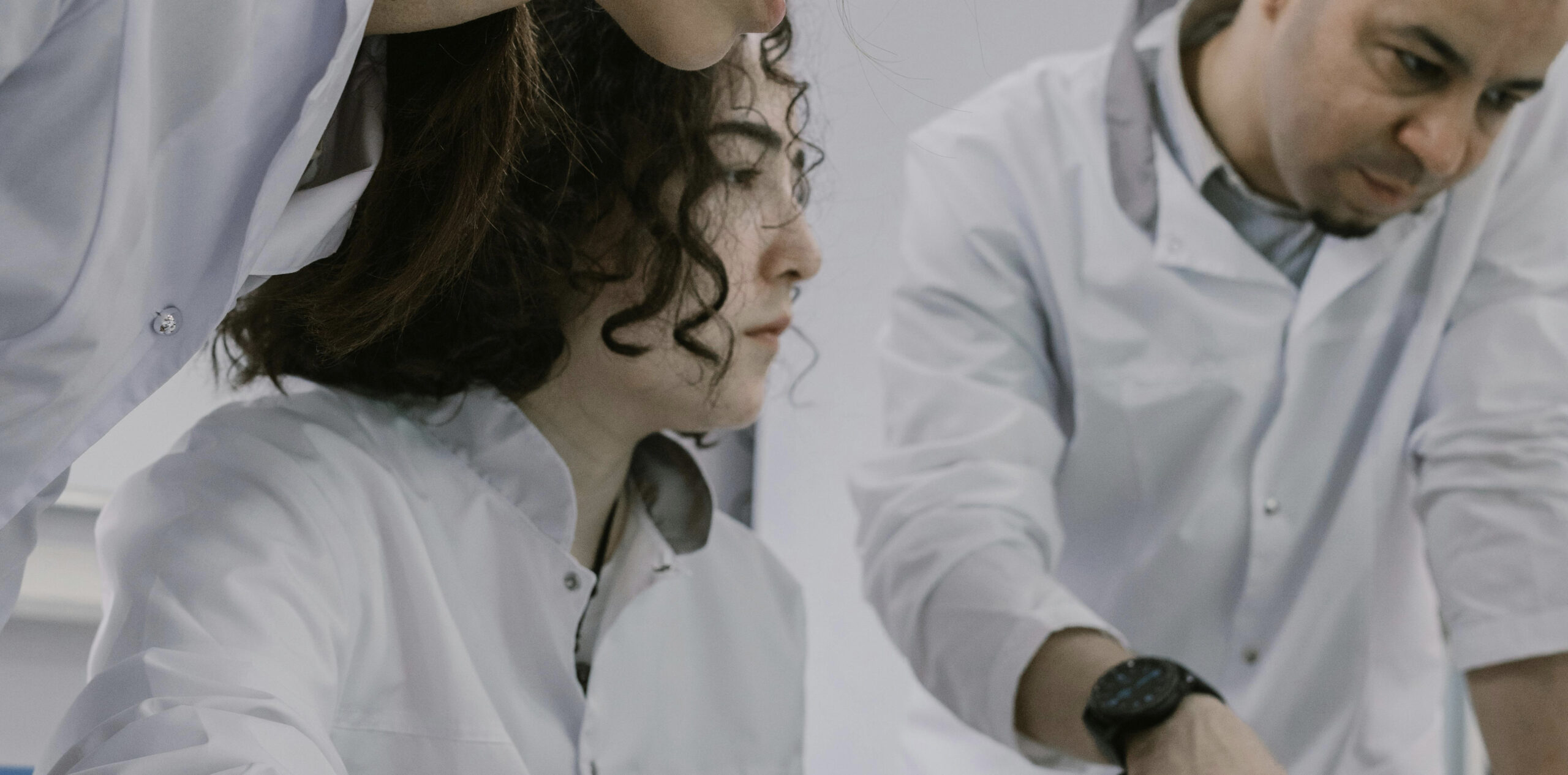Dynamism and creativity are driving the creation of start-ups – or the birth of subsidiaries of multinationals – whose applications are helping to reduce or replace the use of animals in research or toxicology studies.
Netri (https://netri.com) was founded in 2018 in Lyon, and markets high-throughput organ-on-a-chip devices, automated screening services on diversified and differentiated stem cells in these devices, and licenses the company’s digital tools. Among other innovations, Netri uses neurons as digital sensors.
NETRI is convinced that the future of drug trials will focus on the rapid, replicable generation of large volumes of biological data (for artificial intelligence processing), generated with the increased translation offered by organs-on-a-chip (OoCs), helping to limit animal experimentation. In this context, NETRI addresses the dermo-cosmetics, pharmaceutical and food health markets to meet their specific challenges: presentation.
Netri opens France’s first organ-on-a-chip factory in Lyon-Gerland – Tout Lyon
Synaxys (https://synaxys.com/)
Toulouse-based start-up Synaxys, founded in 2018, offers the 1st model of the human nervous system, “5D-brain”, which reduces animal experimentation and accelerates the discovery of tomorrow’s therapies for neurological diseases. With 5 accessible dimensions, 3D in space, time and disease model, these test-tube mini-brain models enhance preclinical R&D studies. These unique cultures reproduce the developmental stages of the human brain. They are grown on 60-electrode chips, enabling the electrical activity of these human neural networks to be recorded throughout their life. By enabling the continuous collection of functional data, “5D-Brain” provides physiological information previously lacking in therapeutic research.
Robust, reproducible and quick to set up, “5D-brain” can reproduce in vitro specific neuro-pathological disorders, such as epilepsy, Parkinson’s disease, multiple sclerosis, autism or Alzheimer’s disease. In just a few weeks, it can predict the response of the human nervous system to new treatments, before clinical trials in humans begin.
Synaxys is a member of the French “organs-on-a-chip” sector, organized by BioValley France (see below).
Poietis (https://www.poietis.com) is a biotechnology company specializing in the development and manufacture of human tissues by bioprinting. Its main mission is to develop new therapeutic solutions based on its expertise in bioprinting technologies, and in particular high-resolution laser bioprinting. Poietis has developed the NGB (“Next Generation Bioprinting”) multimodal bioprinting platform, available in two versions: one for in vitro tissue engineering research (NGB-R) and a clinical version (NGB-C) for the production of implantable bioprinted tissues.
This multimodal, automated biomanufacturing platform enables researchers to achieve superior results in tissue engineering thanks to high resolution, and enables the manufacture of complex tissues while ensuring repeatability and reproducibility.
Poietis’ bioprinting technology is the fruit of innovative research carried out over the last ten years at Inserm and the University of Bordeaux. Since its creation in 2014, the company, which employs 35 people, has developed physiological models, notably in partnership with the world’s leading pharmaceutical and cosmetics groups. Poietis has also developed Poieskin®, the first bio-printed human skin available on the market, for research use, notably for the validation of cosmetic ingredients.
Poietis’ technology is one of the most promising alternative techniques to animal experimentation. Scientifically, the aim is to summarize biologically relevant tissue models, at affordable costs, in order to address both ethical issues and the lack of predictive power of animal models. Finally, this technology of the future can be used to solve the industrial problems facing tissue engineering, with its need for automation, standardization and increasing model complexity. Bioprinting represents a major societal challenge, the aim being to be increasingly predictive of what is actually happening within the human body, at the earliest possible stages, in order to focus on the most promising molecules in terms of potential clinical efficacy, with the fewest possible side effects, while contributing to a transition towards non-animal research.
Elvesys/Elveflow (https://elveflow.com), a Paris-based company founded in 2011, is dedicated to participating in the most promising micro-fluidics research projects. These include lab-on-a-chip and organ-on-a-chip. Applications of micro-fluidics can contribute to the development of new drugs, notably by enabling the detection of a large number of combinations of new therapeutic molecules, or by facilitating the control of stem cell differentiation and growth. As for the prospects opened up by multi-organ-on-a-chip, Elvesys points out that the interconnected cultivation of induced pluripotent stem cells will make it possible to study the causes of ageing, to test numerous drugs in the pre-clinical phase (thus contributing to a significant reduction in the number of animals used in these tests), and to envisage individualized medicine by cultivating stem cells specific to each patient.
NBIC Valley: French start-ups in the field of lab-on-a-chip and microfluidics
Cherry Biotech (www.cherrybiotech.com)
This start-up is dedicated to recreating human physiology for drug testing and precision medicine. In particular, it has developed a range of products – based on next-generation 3D cell culture technologies – that enable long-term culture of human tissues and biopsies, 3D cell models or organ models on a chip.
Some research is carried out in collaboration with Elveflow.
Epithelix (www.epithelix.com) is a biotechnology company founded in 2006 that provides in vitro alternatives to animal experimentation for assessing the effects of drugs in development and evaluating the toxicity of chemical compounds on the human respiratory tract. Based in Geneva, it also has a subsidiary in France.
It has developed a unique technology enabling reconstituted tissues to be maintained in a homeostatic state for a long period of time; in other words, the tissues morphologically and functionally resemble the native tissue. The company first focused on the respiratory system and commercialized MucilAir ™, the only model of human respiratory epithelium capable of remaining fully differentiated and functional for over a year. This model is marketed and available in the USA, Europe and Asia.
It has carried out tests for research centers on “drug candidates” for the treatment of Covid-19.
Eden Medtech (https://eden-microfluidics.com/medtech/)
This company, founded in 2017, produces high-quality chips affordably and quickly. Biomimetic systems are being developed in two applications: water treatment and artificial organs. Eden Medtech is participating in a European project funded by Horizon 2020 (Renoir ITN), which aims to develop microfluidic cell culture devices and organs-on-a-chip for cell and muscle regeneration.
BioValley France (https://www.biovalley-france.com/fr/territoire/france/definition-organes-sur-puce/) aims to support and accelerate the emergence of innovative technologies, and is leading the structuring of the French organ-on-a-chip industry. Its clients are major pharmaceutical and cosmetics groups. A large number of biotech companies have joined the think-tank, along with numerous public research teams. A dedicated directory has been created: here.
Its current or planned uses are diverse:
- toxicology studies using human cell models;
- molecule efficacy studies in both preclinical and clinical research, enabling shorter lead times. In particular, it is possible to carry out dose-response studies by limiting the use of animal models that are not very predictive;
- modeling diseases, particularly of genetic origin, by combining organs-on-a-chip and gene editing. Similarly, once validated, organ-on-a-chip methodology can lead to the creation of personalized organs, right at the patient’s bedside.
Sun Bioscience (https://sunbioscience.com/)
This Swiss start-up is developing a cutting-edge technology for the standardized culture of stem cell-derived organoids, which are self-organizing 3D miniature tissues with organ mimicry functions. The technology opens the door to personalized medicine.
For example, SUN bioscience has launched a project clinical pilot to determine the efficacy of available drugs on intestinal organoids derived from cystic fibrosis patients.
Episkin – L’Oréal
L’Oréal has been developing alternatives to animal testing for 30 years. An Episkin subsidiary was opened in China in 2014. Some projects go beyond cosmetics:
A pioneer in the defense of the animal cause
Episkin works in partnership with Florida-based Hesperos: https://hesperosinc.com/
Fluigent (www.fluigent.com)
A global company, Fluigent develops, manufactures and supports the most advanced micro-fluidic systems available today.
Toxicological and medical applications include :
- Creation of complex mechanical stimulation models on a 3D cell culture in a micro-fluidic platform – a device called organ-on-a-chip – with a particular focus on the creation of cartilage : click here
- Culture of prostate organoids in microbeads : click here
4D cell (www.4dcell.com)
The Paris-based company develops and markets systems dedicated to controlling the cellular microenvironment. Applications include cancer research, immunology, organ physiology and rare diseases.
Alvéole (Alveole – PRIMO microenvironment bioengineering technology)
This Paris-based bioengineering company (with a branch in Virginia, USA) has developed a platform enabling biologists to work with controlled, reproducible microenvironments (in vitro), to study living cells more effectively and to model pathologies.
Cyprio (https://www.cyprio.fr/)
This biotech start-up, which emerged from ESPCI Paris, manufactures liver and pancreas micro-tissues (organoids) for pharmaceutical and therapeutic applications, as well as for fundamental research. The new complex in vitro models are produced using “BioPearl” technology.
Clinic’n’Cell (https://clinicncell.com/)
This start-up, created on March 16, 2020, is developing an ex vivo clinical approach developed as part of academic research carried out by INRAE. It aims to assess the effects of food and nutrients on human health.
The first stage involves taking blood samples from volunteers who have ingested the food product to be tested. This blood sample, which contains the metabolites produced by digestion of the product (molecules of interest which carry the active ingredient), is then applied to cells in culture, using know-how protected by INRAE. The investigation thus takes place outside the body, justifying the name ex vivo. In just a few weeks, this approach enables rapid, physiological demonstration of the product’s expected health benefits, without the need for animal testing: click here.
The data obtained also reveal the mechanisms of action involved at the molecular level. In the end, all this innovative and alternative research tool requires is a blood sample, cells and know-how.
The relevance of results is based on the use of human materials (blood, metabolites, cells) at a cost that is often lower than that of animal experimentation.
The users of this innovative ex vivo clinical approach are manufacturers in the agri-food, nutraceutical, food supplement and nutri-cosmetics industries who are looking for greater scientific credibility for their product (a key market factor) without the need for an animal model.
Research teams
Pierre-Gilles de Gennes Institute
The IPGG brings together 20 research teams working on microfluidics and its applications. Over 60 scientific projects funded by the Labex IPGG are currently underway: click here
French Institute of Bioinformatics
To support projects by organizations working in the field of bioinformatics : click here




